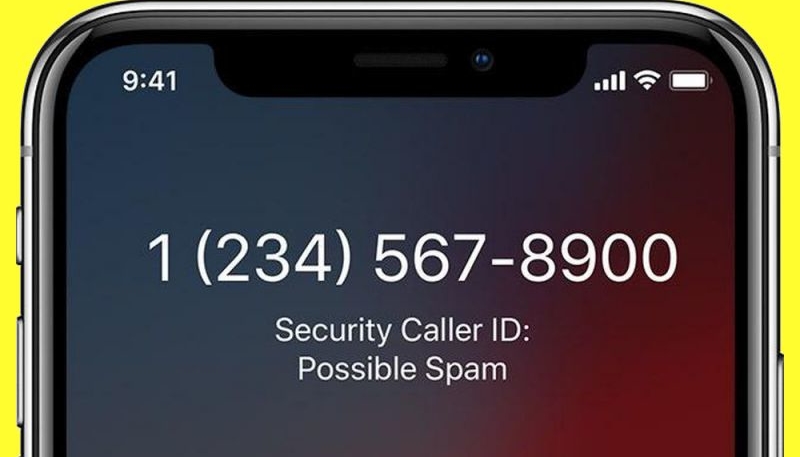The U.S. House of Representative on Wednesday approved an anti-robocalling bill on a nearly-unanimous vote. The bill, if it becomes law, would punish robocallers and require carriers to offer improved anti-robocalling tools to consumers.
The bill now makes its way to the Senate, where it enjoys bipartisan support, and is expected to be approved there. It should make its way to President Trump’s desk for his signature before the end of the year. Trump is said to also support the bill.
The Hill reports the Pallone-Thune Telephone Robocall Abuse Criminal Enforcement and Deterrence (TRACED) Act was approved by a 417-3 margin in the House of Representatives. Rep. Frank Pallone Jr. (D-N.J.) sponsored the legislation in the House.
“Today the House will take strong bipartisan action to protect consumers from illegal robocalls,” Pallone said on the House floor Wednesday. “A whopping 5.6 billion robocalls were made to Americans in November alone. Today, the House is giving Americans back control of their phones.”
While Pallone admitted there isn’t a “single silver bullet” to fix robocalls, he emphasized that the TRACED Act “attacks the problem from multiple angeles”
Only three representatives voted against the bill. Representatives Justin Amash (I-Mich.), Andy Biggs (R-Ariz.) and Thomas Massie (R-Ky.) were the three. Massie voiced concerns that bills like the robocall bill gave the Federal Communications Commission “too much authority.”
The TRACED Act would require phone companies to block all robocalls without charging customers extra for the service. Some U.S. carriers currently offer advanced call blocking feature for an added monthly charge. Carriers would also be required to develop and implement new ways of verifying that calls are not coming from “spoofed” phone numbers.
The FCC would also be required to prioritize putting a stop to “one-ring” scams that attempt to trick consumers into returning a missed call — and racking up big charges — by calling cell phones and letting them ring once.
The act would also require the FCC to deliver reports to Congress as to what actions are being taken against illegal robocalling operations. The act would also force the Department of Justice to take action against illegal robocallers more often.


